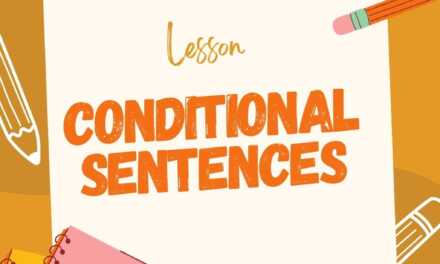Phrasal verbs are an essential part of the English language, but they can be challenging for non-native speakers to learn. These verbs are made up of a base verb and one or more particles, which can completely change the meaning of the original verb.
In this article, we will discuss 30 common phrasal verbs in English and provide examples of how to use them in everyday conversation.
- Break down – to stop functioning or to fail.
Example: My car broke down on the way to work this morning. - Carry on – to continue doing something.
Example: Despite the obstacles, we decided to carry on with our plan. - Come across – to find or discover by chance.
Example: I came across an interesting article on the internet last night. - Cut down – to reduce the amount of something.
Example: I’m trying to cut down on my caffeine intake. - Figure out – to solve or understand something.
Example: I need to figure out how to fix my computer. - Fill up – to make something full.
Example: Can you fill up my water bottle, please? - Get along – to have a good relationship with someone.
Example: I get along well with my coworkers. - Get away – to escape or take a break.
Example: I need to get away from the stress of work and take a vacation. - Give up – to stop trying or to quit.
Example: I refuse to give up on my dreams. - Go over – to review or examine something.
Example: Let’s go over the details one more time. - Hang out – to spend time with someone casually.
Example: I like to hang out with my friends on the weekends. - Hold on – to wait or pause.
Example: Hold on for a moment, I’ll be right back. - Keep up – to maintain or continue at the same pace.
Example: I need to keep up with my exercise routine. - Look forward to – to anticipate with pleasure.
Example: I’m really looking forward to the concert tonight. - Make up – to invent or create something.
Example: I made up a story to entertain my children. - Pick up – to collect or retrieve something.
Example: Can you pick up some groceries on your way home? - Put off – to delay or postpone.
Example: We had to put off our vacation until next year. - Put up with – to tolerate or endure.
Example: I can’t put up with your rude behavior any longer. - Run out – to use up completely.
Example: I just ran out of shampoo. - Set up – to arrange or establish something.
Example: I need to set up a meeting with my boss. - Take after – to resemble or have traits similar to someone.
Example: My daughter takes after me in many ways. - Take off – to remove or leave quickly.
Example: I need to take off my coat because I’m too warm. - Turn down – to refuse or reject something.
Example: I had to turn down the job offer because it didn’t pay enough. - Turn off – to switch off or become uninterested in something.
Example: Can you turn off the lights before you leave the room? - Turn on – to switch on or become interested in something.
Example: I turned on the TV to watch my favorite show. - Turn up – to arrive or increase in volume.
Example: We’re running late, but we’ll turn up soon. - Wake up – to stop sleeping and become alert.
Example: I need to wake up early tomorrow for my meeting. - Wear out – to become exhausted or to cause something to become worn or used up.
Example: My shoes are completely worn out from all the walking I’ve done. - Work out – to exercise or to come to a satisfactory resolution.
Example: I try to work out at the gym three times a week. - Write down – to record or write something on paper.
Example: I always write down my thoughts in a journal.
In conclusion, phrasal verbs are an integral part of the English language and are essential for effective communication. Understanding the meaning and usage of common phrasal verbs can significantly improve one’s ability to express themselves in English.
While it may take time and practice to master these verbs, it is well worth the effort. By incorporating these phrasal verbs into everyday conversation, learners can enhance their language skills and communicate more effectively with others.

